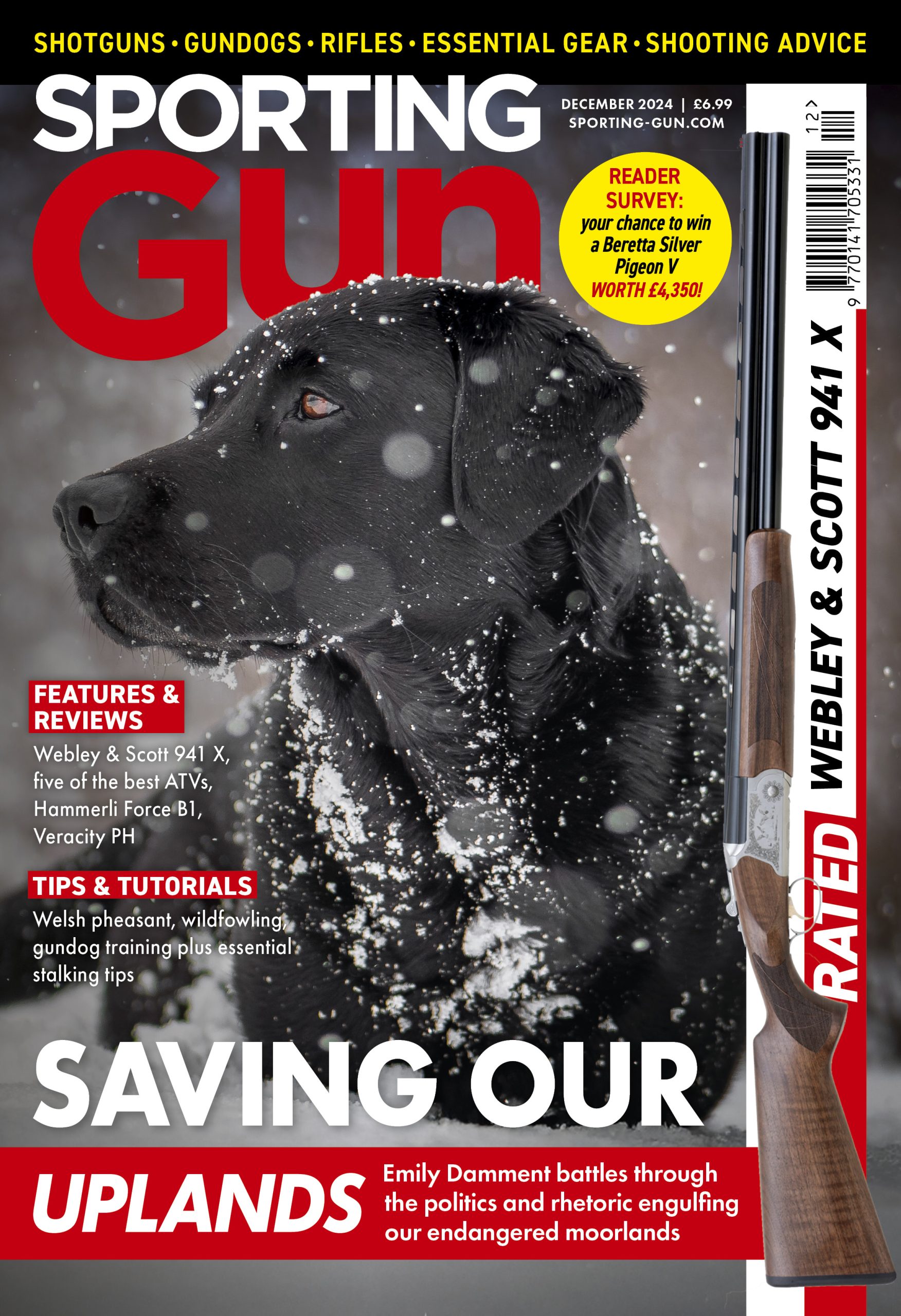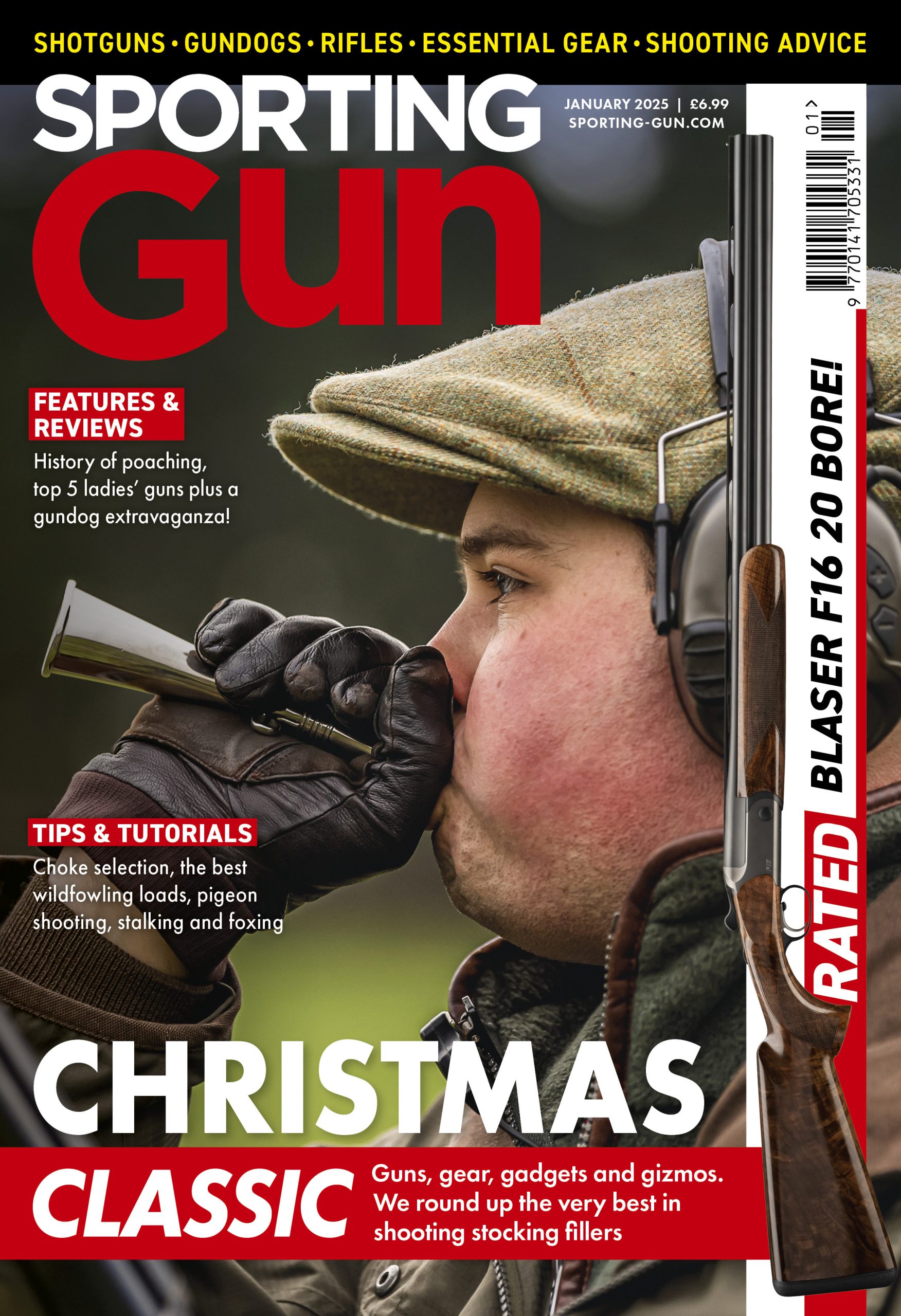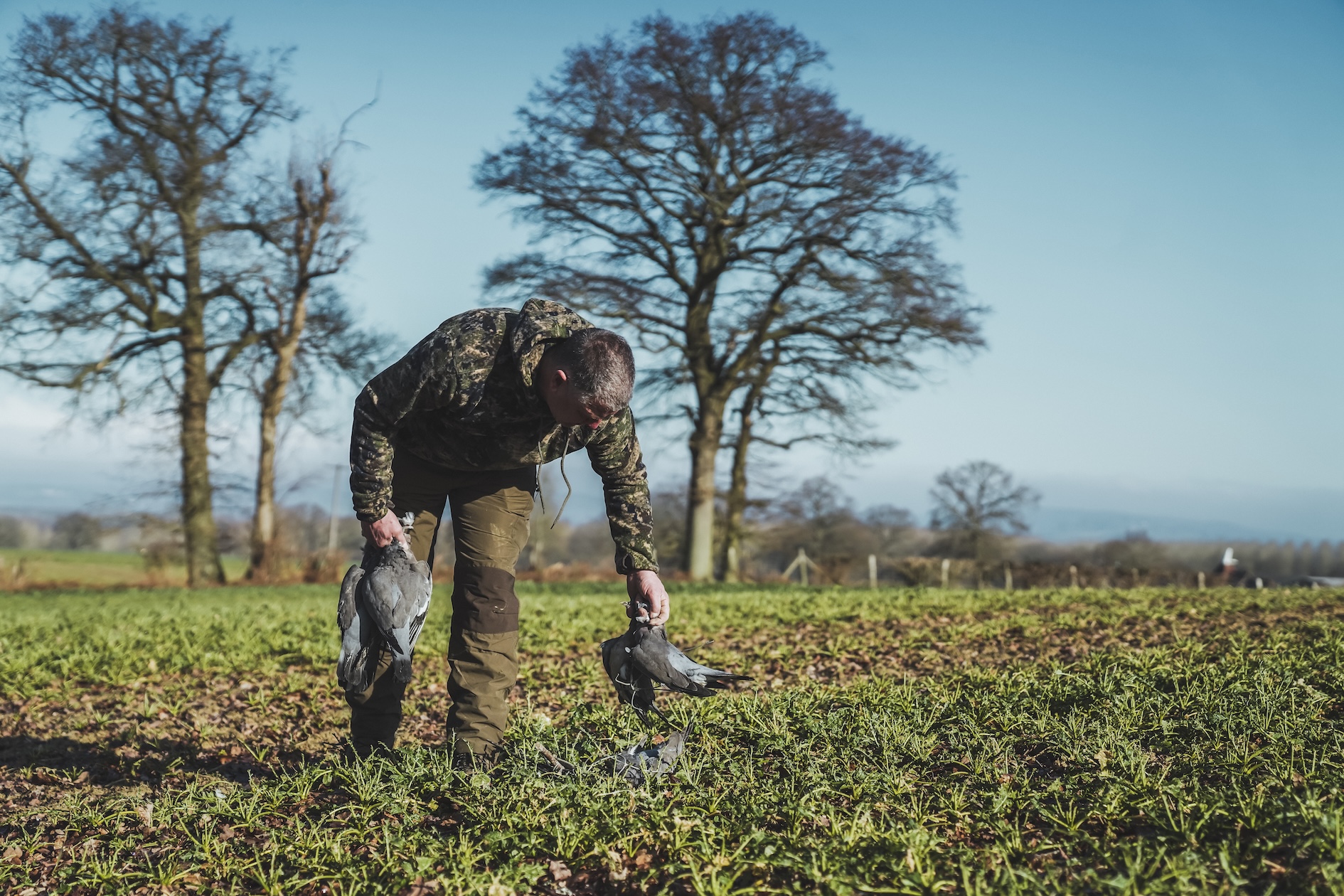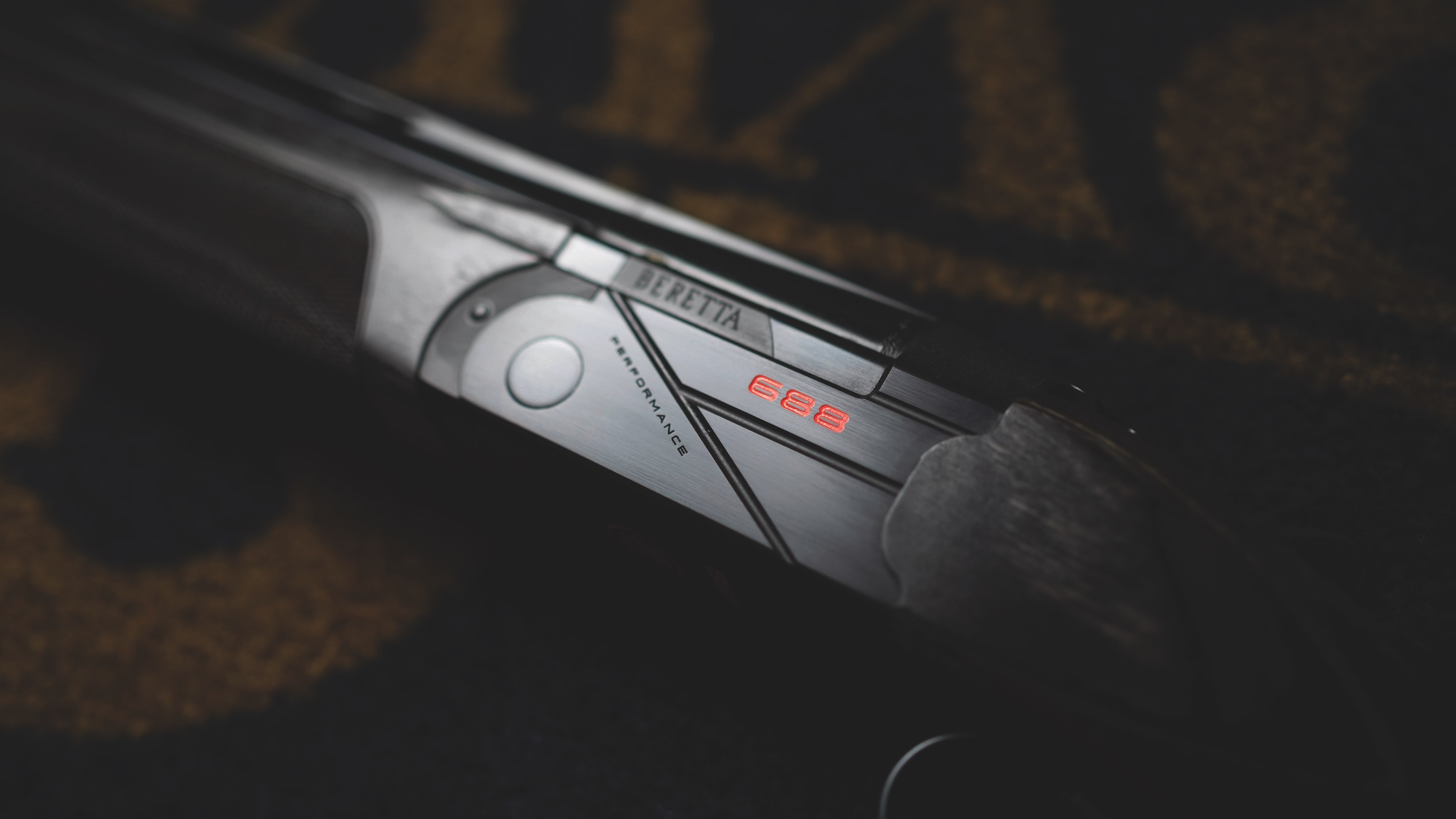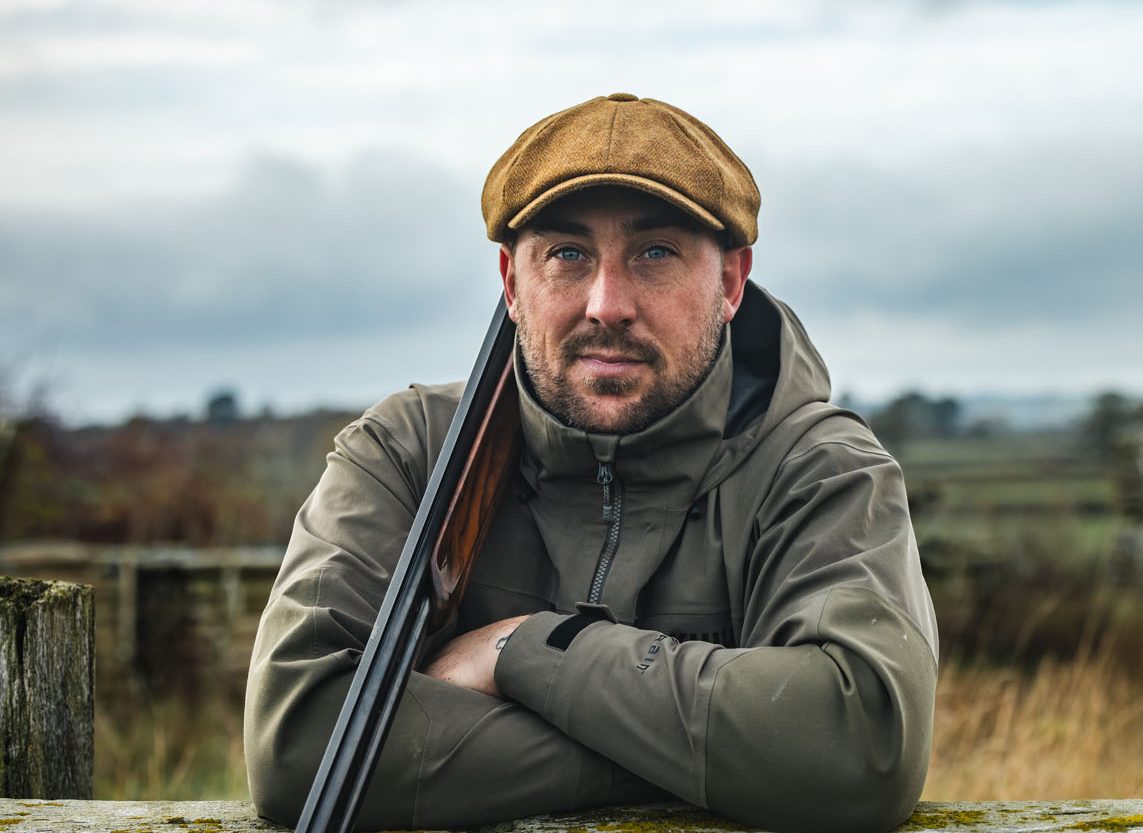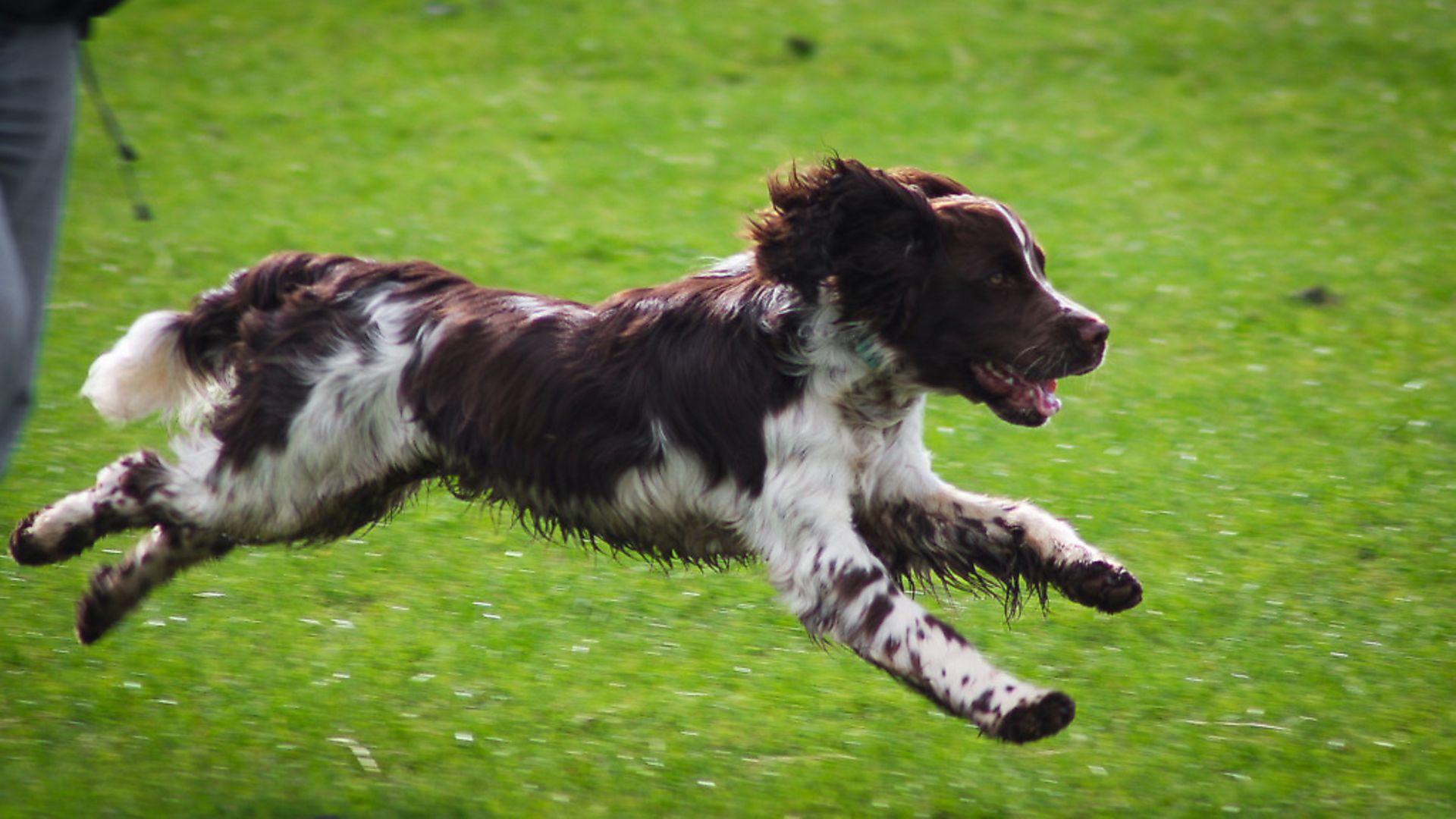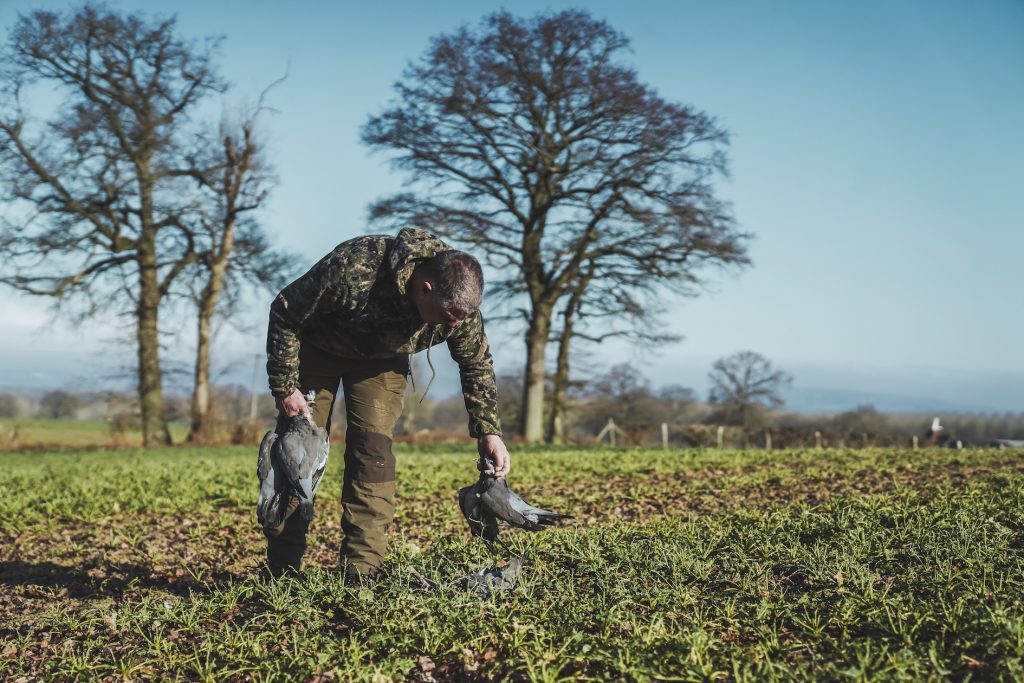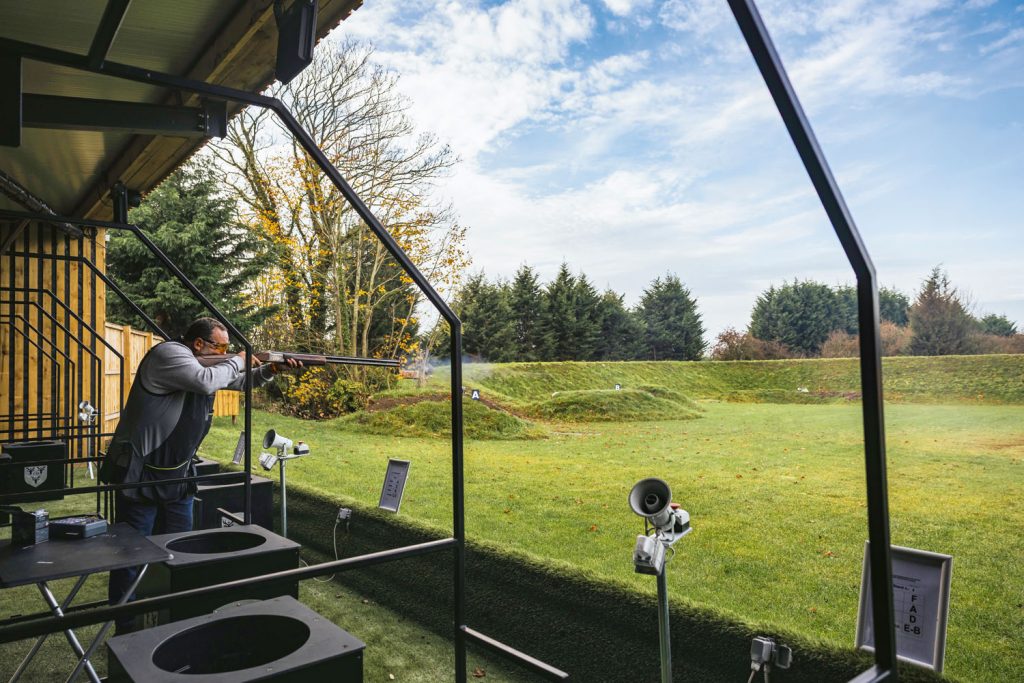The countdown is on for The British Shooting Show – book tickets online today and save on gate price!
The A-Z of gundog health: C is for…
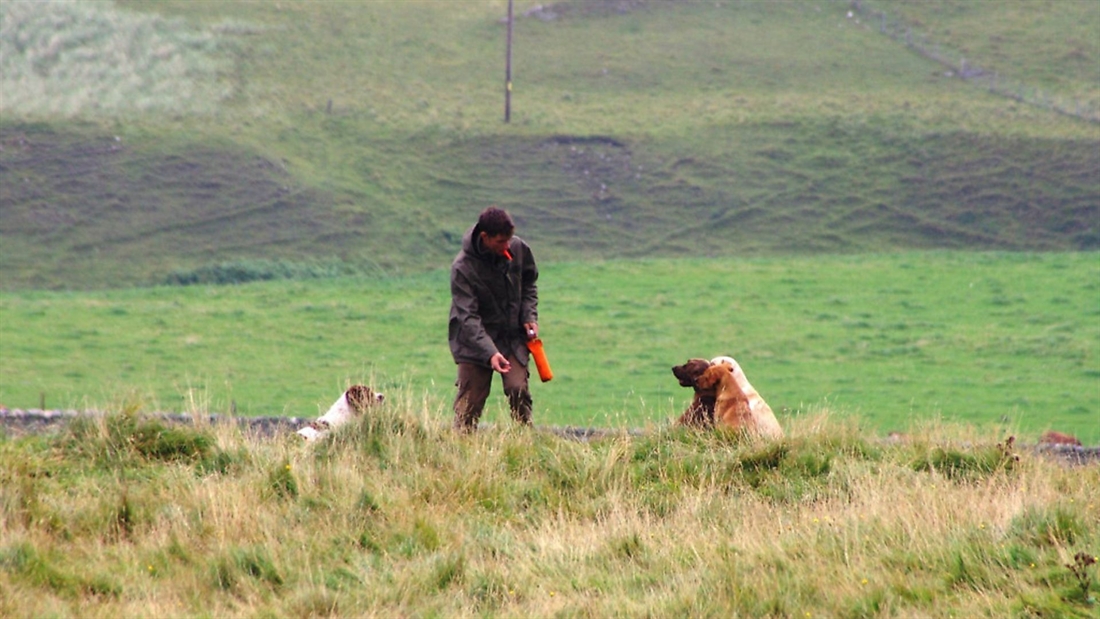
Our A-Z of gundog disease and ailments continues, with gundog vet Vicky Payne filling us in on the nasties beginning with C…
CANCER
The scary ‘C’ word. Cancers are caused by mutations in cells, leading to unregulated growth. They can take many forms and have different effects on the body. Many form lumps, which may be painful or become ulcerated if on the outside of the body. Cancers affecting organs will gradually destroy normal tissue and the symptoms will be due to failure of the organ.
Mammary cancers are quite common in gundogs, which may be because bitches are left entire longer than pet dogs. There are also breed susceptibilities: lymphoma seems to be more common in English springers, while flat-coated retrievers and golden retrievers appear to have a higher risk of developing several types of cancer.
Sadly, there is little owners can do to reduce the risk of most cancers, although neutering removes the risk of testicular, ovarian and uterine tumours, and may reduce the risk of mammary tumours. A hands-on examination of your dog at least once a week will help you to spot lumps which your vet can test. Internal cancers may be suspected if dogs become lethargic or lose weight unexpectedly. Some cancers can be treated quite easily by surgical removal, others may need chemotherapy or radiotherapy to achieve cure or remission.
CRUCIATE LIGAMENT RUPTURE
The stifle (knee joint) is stabilised by ligaments. The cranial/anterior cruciate ligament (CCL) goes from the back of the femur (above the knee) to the front of the tibia (below the knee) and is the most commonly damaged stifle ligament in the dog.
In a few cases, the ligament ruptures during a traumatic event such as a fall, but more often it tears as a result of abnormal wear and degeneration. Causes are multiple, and are believed to include genetic predisposition, conformation, neutering and obesity.
Affected dogs don’t want to bear weight on the leg and often sit with the leg out at a funny angle. Resting for a few days does not improve the lameness. Your vet may suspect the problem after manipulating the joint, but X-rays are required for a diagnosis. Small dogs may become sound with rest and painkillers, but medium to large, active dogs will often require surgery. Several different surgeries are available, and your vet should be able to discuss the advantages and disadvantages, as well as the costs.
CCL rupture is not always a career-ending injury, especially with modern surgeries and post-op physio. However, due to the degenerative nature of most cases, rupture of the other CCL is very common within 18 months.
CUSHING’S DISEASE
The symptoms of Hyperadrenocorticism are caused by the body producing excess levels of steroids due either to a tumour of the pituitary or adrenal gland.
Affected dogs drink and urinate more often, get infections easily, lose hair, lose muscle strength, and may develop a large belly.
Your vet will need to do blood tests to get a diagnosis. Medications are available to help control Cushing’s disease, and some specialist centres now offer surgery for cases caused by adrenal tumours. Similar symptoms can be caused by giving excess steroids to treat diseases (this is known as Iatrogenic Cushing’s).
Related Articles
Get the latest news delivered direct to your door
Subscribe to Sporting Gun
Subscribe to Sporting Gun magazine and immerse yourself in the world of clay, game and rough shooting. As the leading monthly publication for passionate shooters at all levels, Sporting Gun delivers expert advice, practical tips and in-depth reviews to enhance your skills and enjoyment of the sport.
With features ranging from gundog training to pigeon shooting, and wildfowling to equipment recommendations, you’ll gain valuable insights from professional shooters and industry experts. A subscription not only saves you money on the cover price but also includes £2 million Public Liability Insurance, covering the use of shotguns, rifles and airguns for both recreational and professional use.
